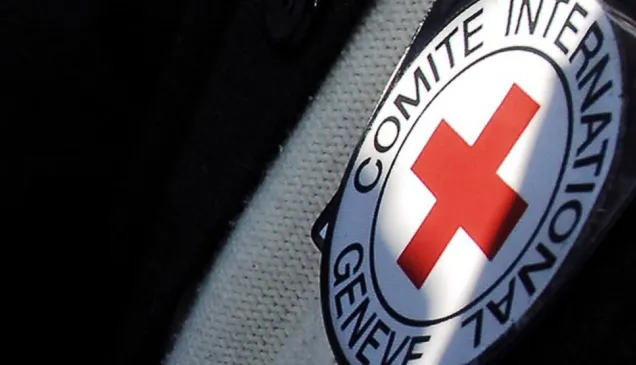United Nations, General Assembly, 69th session, Third Committee, item 27 of the agenda, statement by the ICRC, New York, 17 October 2014.
As a group, women are not inherently vulnerable in times of armed conflict. They may be victims, combatants, humanitarian workers, bystanders or actors of influence. Regardless of their individual roles, however, armed conflict too often has devastating effects on women and girls. Despite the general protections afforded to all civilians as well as the specific protections granted to women, they face heightened risks during armed conflicts, including that of sexual violence.
Armed conflict can compromise women’s access to health care, food and water. As such, in-depth assessments are essential to better understand and respond to their specific needs. These assessments also help detect groups that are particularly vulnerable owing to special circumstances, such as displaced women and girls, and single women headed-households separated from their husbands, who have often been detained, killed or go missing. These groups are particularly vulnerable to sexual violence.
Sexual violence is a violation of international humanitarian law. It is not inevitable and it can be prevented.
Sexual violence is absolutely prohibited by international humanitarian law in both international and non-international armed conflicts. All parties to conflict are legally bound by these laws at all times.
Sexual violence never occurs by accident. It is often used as a deliberate tactic of war. Its consequences are grave and dehumanizing not only for the victims themselves, but also for their families and communities.
Though widespread, sexual violence unfortunately remains an invisible phenomenon, its prevalence and its consequences vastly underestimated. Cultural taboos, feelings of shame or fear of retaliation frequently prevent victims from coming forward, speaking out and seeking the care they need. This is a serious challenge for those striving to provide effective humanitarian responses.
For these reasons, responding effectively to sexual violence requires proactivity. Humanitarian organisations and States alike must assume that sexual violence occurs in times of armed conflict and respond accordingly, in a specific manner involving multidisciplinary means.
Within this response, timely medical, mental health and psychosocial care is absolutely essential for victims of sexual violence. Unimpeded and immediate access to health services, including psychological support, must therefore be respected and ensured by all parties to conflict.
The ICRC calls on Member States to uphold their responsibilities by enhancing their domestic competencies and capacities to respond to the specific needs and vulnerabilities of all victims of sexual violence. States must ensure that appropriate medical, psychological, psychosocial, economic and legal assistance is provided.
At the same time, steps must be taken to prevent sexual violence from occurring in the first place. These must include dialogue with all parties to conflict and simple but effective risk‑reduction mechanisms. In many situations, the ICRC helps communities to devise local ways to minimize the risk of violations, including sexual violence, by measures such as digging wells close to villages in order to prevent women and girls from having to travel long distances in unsafe environments. The ICRC also provides female‑headed households with food and other essential household items, in part to reduce their vulnerability to sexual exploitation and the need to resort to sex in order to survive.
Nevertheless, the role of the States remains essential. They bear primary responsibility for putting an end to sexual violence and responding when it does occur.
The ICRC urges the States to further integrate international humanitarian law – particularly the absolute prohibition of sexual violence – into their national legal systems and to combat impunity by adopting and enforcing appropriate domestic legislation criminalizing rape and other forms of sexual violence.
However, this will be effective only if the States also address major gaps that allow the persistence of sexual violence, such as lack of competences on the part of security and judicial systems. Effective mechanisms to investigate crimes, prosecute suspects, and sanction those found guilty must therefore be fully embraced to ensure that perpetrators are held accountable for their crimes. Victims seeking justice must be informed about any support available to them and be able to report their allegations safely, without fear of reprisal, stigma, or unnecessarily lengthy procedures.
Sexual violence is a violation of international humanitarian law. It is not inevitable and it can be prevented. In Objective 2.2, entitled “To enhance the protection of women in armed conflict”, adopted by the 31st International Conference of the Red Cross and Red Crescent in 2011, States pledged to improve the prevention and repression of sexual violence in their legal systems. In the run-up to the 2015 International Conference, the ICRC stands ready to work together with Member States and all components of the International Red Cross and Red Crescent Movement to continue this important work.



